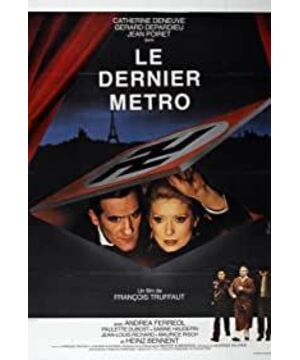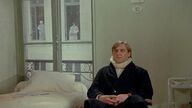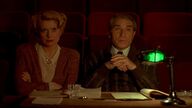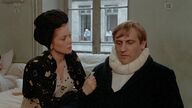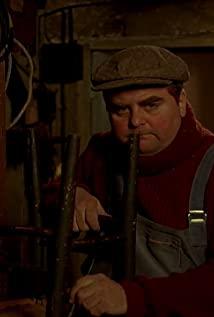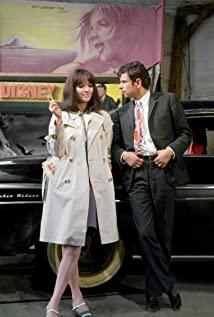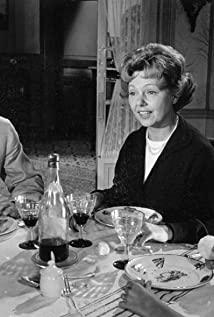I have translated the movie about Truffaut before. It seems that Truffaut was only more rebellious when he was young, and would eventually return to the embrace of his "family".
In contrast, after I underestimated Bresson’s films, I found that a director’s persistence is sometimes a personality. The Bresson I learned through "Pickpocket" and "Money" is definitely better than Sina. The tide goes further. Of course, because of this, Bresson was highly praised by the five generals at that time. Bresson’s films are full of film-like alienation, and his capture of the character’s emotions is also very precise and precise. He actually has a desire to control the actors. This is what I felt in the interview with the "Pickpocket" actors, but he tried his best to turn this control into a kind of guidance. "Money" is a work in 1983, but it has more personal awareness and a keen sense of society than "The Last Subway" produced in the 1980s.
I watched some other left-bank movies during the New Wave period, such as Hou Mai’s "Shuangshu Adventure" and "Marquise"; Louis Mahler’s "Elevator to the Death Penalty", "Black Moon", "Curious After "Heart", I think sometimes we really magical some people such as the return to the traditional Truffau and the sharp-edged Godard. Another example is Alan Renai's "Smoking No Smoking", which is a bit like the big feet of a prince's wife. I really want to see his "Last year in Marion Bad".
So Truffaut's distinction between good and bad directors is really a bit of a mystery. Film is the essence. After the director has finished shooting the film, he becomes a background of the film. The director should be seen from the film. From that sentence, it can be seen that Truffau was so arrogant when he was young. His black and white work "Shoot the Pianist" is even more personal. One was made in 1980 and the other was made in 1960. Obviously, the expressive power of the pianist in 60 years is greater than the desolation of the last subway train. The big-headed and short pianist is more able to confuse and attract the audience than the famous big-nosed love saint, while recounting the pianist’s suspicious life experiences, and the pianist’s existential inner monologue. It also highlights the innovation of art in France at that time-because most of the new forms are actually cleverly different assembly of the old things. The inner monologue is like this. It is not new at all, but it is particularly interesting in shooting the pianist. , This taciturn, shy pianist's perplexity in life, the calmness of his inner monologue, which is really not too much, makes people feel hopeless that he can't get rid of. However, "The Last Subway" does not have these powerful cinematic expressions. I don't know if there are any memorable scenes in this 80 movie. The plot is too stylized to attract me. Yes, the new wave has passed. The two bad guys who shot the pianist intercepted the pianist and his girlfriend joking in the car, blurring the distinction between good and bad, and adding black humor to the absurdity no longer exists—— Fortunately, Quentin inherited well.
Maybe I shouldn't say so much, because I haven't finished watching the movie yet. What's bad is that from the beginning I was tired of "reading". Obviously, this movie "The Last Subway" was declared dead to me.
Another: I watched Almodovar's "Bad Education" last night and it was absolutely great. Almodovar's grasp of the character's character and the serial narrative method that forms his own style are like a light and humorous little magic. In view of the fact that I haven't read many of his movies, I still recommend the ones I have watched and feel very good: "Say to Her" and "My Mother". But I don't like "Tie Me, Tie Me".
View more about The Last Metro reviews


